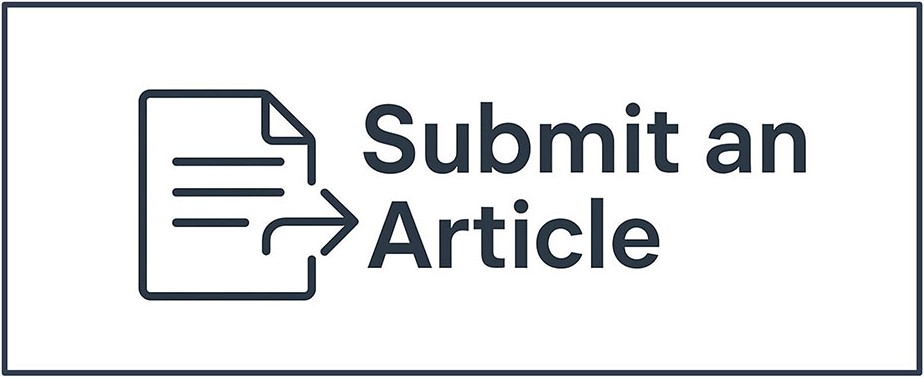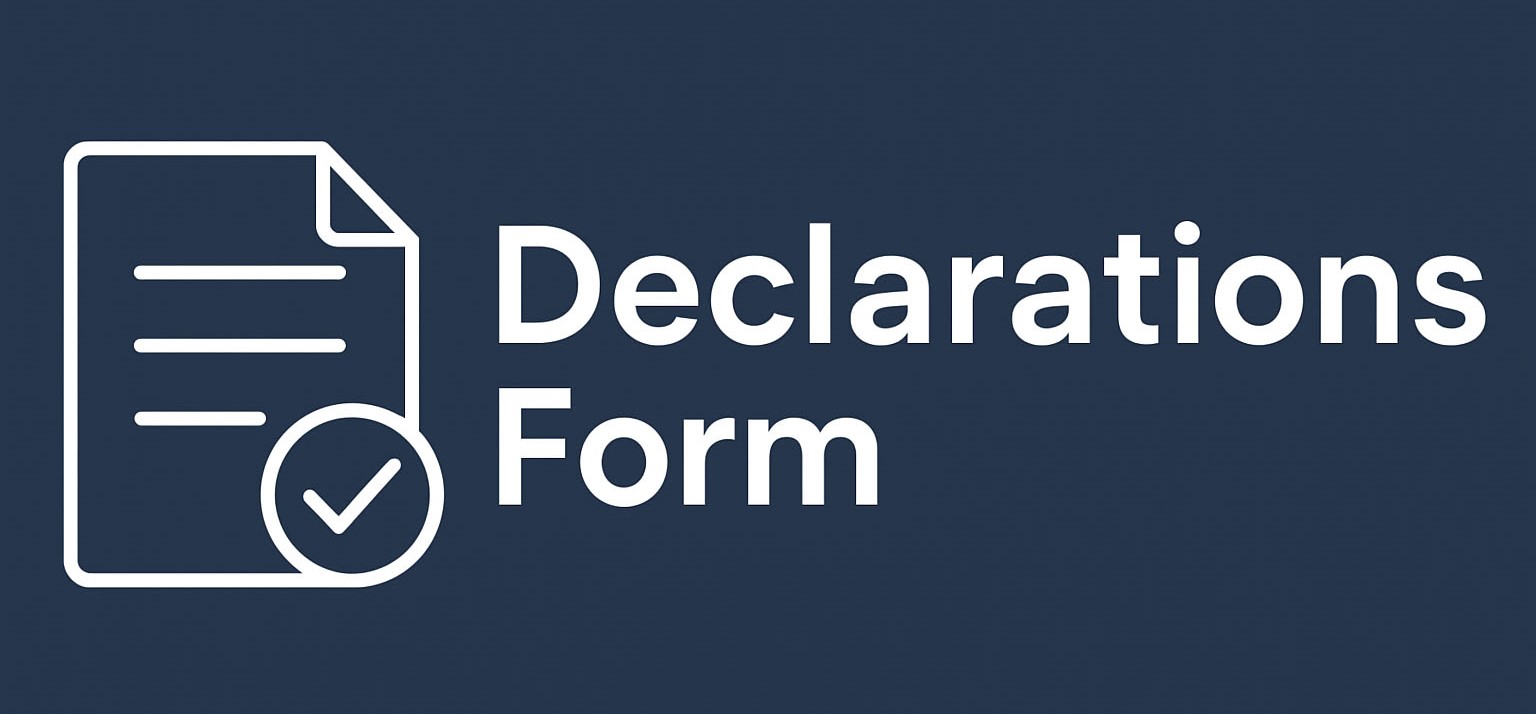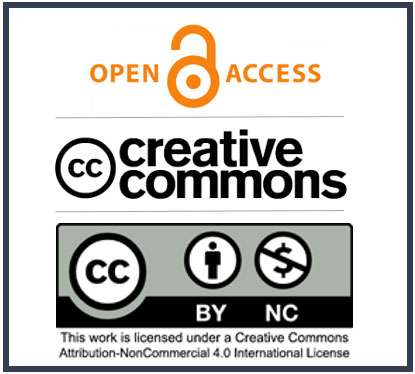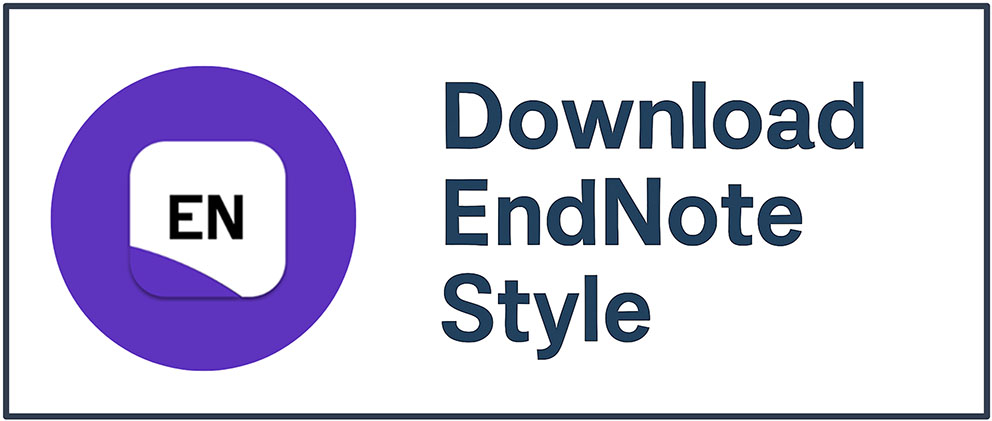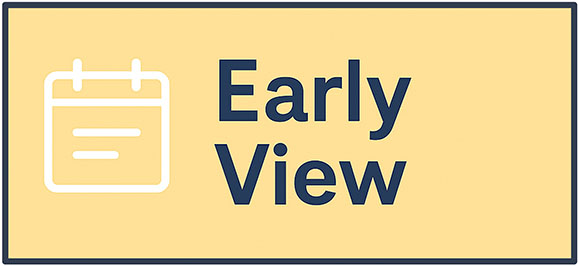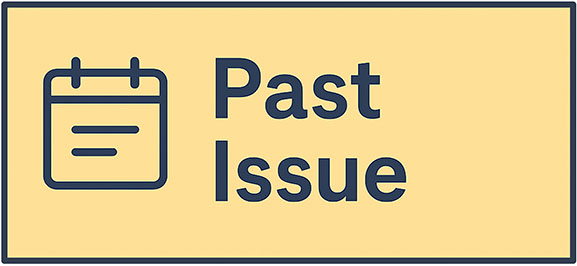Ethics Policy
Maintaining the integrity of research and publication is of utmost importance, and this can only be achieved through the observance of ethical principles. At the Journal of Endodontics and Restorative Dentistry, we recognize the significance of ethical principles in ensuring the reliability, objectivity, and usefulness of information shared among stakeholders. To this end, we have adopted ethical principles that align with the guidelines provided by Committee on Publication Ethics (COPE) (https://publicationethics.org/). All stakeholders, including authors, readers, researchers, publishers, reviewers, and editors, must adhere to these ethical principles to ensure the highest standards of research and publication. We believe that upholding ethical principles is key to promoting trust, credibility, and respect within the academic community and beyond.
Ethical Responsibilities of the Authors
When submitting a study for publication, it is important to ensure that the work is original and any references to other studies are cited accurately and completely. In addition, only those who have made a significant intellectual contribution to the study should be cited as authors, while other contributors can be recognized at the end of the article. Any potential conflicts of interest should be disclosed and explained in detail.
When conducting studies involving human or animal subjects, it is crucial to comply with national and international laws and guidelines regarding privacy and ethical conduct (e.g., World Medical Association Declaration of Helsinki, US National Institutes of Health Policy on the Use of Laboratory Animals, EU Directive on the Use of Animals). These details should be included in the Materials and Methods section of the manuscript. Documentation proving the right to use data and necessary permissions must also be provided. Raw data and materials must be made available for verification purposes.
If an error is discovered at any point during the publishing process, the author should inform the editor or publisher immediately. Articles should not be submitted to multiple journals simultaneously, and changes to authorship designation after evaluation has begun will not be accepted.
Ethical Responsibilities of the Reviewers
In the field of research, peer review is a crucial process that involves submitting a piece of work to examination by colleagues who possess expertise in the same field. The main aim of this process is to ensure that the published work's scientific validity is maintained at the highest possible level. The quality of the literature produced is directly impacted by the rigor and thoroughness of the peer review process, which provides an objective and independent evaluation of the work. The Journal of Endodontics and Restorative Dentistry is committed to utilizing a double-blind review process for all submissions. All comments and evaluations are transmitted through the journal management system to ensure that the review process remains impartial and unbiased.
When conducting a review, there are certain guidelines that one must keep in mind to ensure a fair and objective evaluation. For instance, it is essential to only review studies that fall within your area of expertise. This ensures that you are able to provide an informed and knowledgeable analysis of the work in question. Additionally, it is important to return your review within the allotted timeframe. This helps to ensure that the publication process moves forward smoothly and without delay. It also shows a commitment to the scholarly community and the importance of timely and efficient communication. When evaluating studies, it is crucial to do so impartially and without any biases or personal beliefs that may influence your review. If you have any potential conflicts of interest, it is best to refuse to review the work and inform the journal editor immediately. This helps to maintain the integrity and credibility of the review process. Confidentiality is also of utmost importance when conducting reviews. It is essential to maintain the confidentiality of the work and not share any related material with others. After completing the review process, it is also important to destroy any related material and ensure that it is not accessible to others. If you suspect any misconduct, it is your responsibility to report it to the editor. This helps to maintain the ethical standards of the scholarly community and prevent any fraudulent or unethical behavior. Lastly, when providing feedback, it is important to use constructive language and avoid making derogatory comments. This helps to ensure that the author is able to use the feedback to improve their work and that the review process remains professional and respectful.
Ethical Responsibilities of the Editors
As the individual entrusted with overseeing the operations of the journal, the editor has a multitude of crucial duties and responsibilities to fulfill. Foremost among these is the obligation to prioritize the needs of both readers and authors, all while ensuring that the journal's overall quality continues to improve. Additionally, the editor must remain steadfast in their commitment to upholding high academic and ethical standards, while also ensuring that all publishing policies and procedures are adhered to without exception.
As an impartial and unbiased arbiter, the editor must avoid any potential biases based on gender, religion, politics, ethnicity, sponsorship, fame, or any other external influences, instead adhering to a strict standard of objectivity and impartiality. Through this approach, they can ensure that the journal's policies are applied fairly and equitably, and that all submissions are evaluated in a timely and efficient manner.
Furthermore, the editor has a solemn duty to safeguard and protect the intellectual property of both the journal and its authors. Any errors or inconsistencies must be rectified promptly and transparently, with the utmost care taken to avoid compromising the integrity of the publication. Finally, the editor must remain vigilant and investigate any complaints or allegations of misconduct that may arise, always striving to maintain an objective and impartial approach throughout the process. If necessary, they must take decisive action, up to and including the rejection of an article, in order to preserve the journal's integrity and reputation.
Ethical Responsibilities of the Publisher
As a guardian of the academic record, the publisher bears an array of responsibilities. Among these responsibilities, the publisher must maintain high ethical standards with respect to research integrity, the application and review process, and publication. It is also imperative that the publisher works closely with the editor and editorial board, respecting their independence and abiding by a written agreement. Moreover, the timely publication of content, including corrections, clarifications, and retractions, is of utmost importance. Lastly, the preservation of published work is a critical aspect of the publisher's role, as it ensures the enduring availability and accessibility of valuable research findings.

